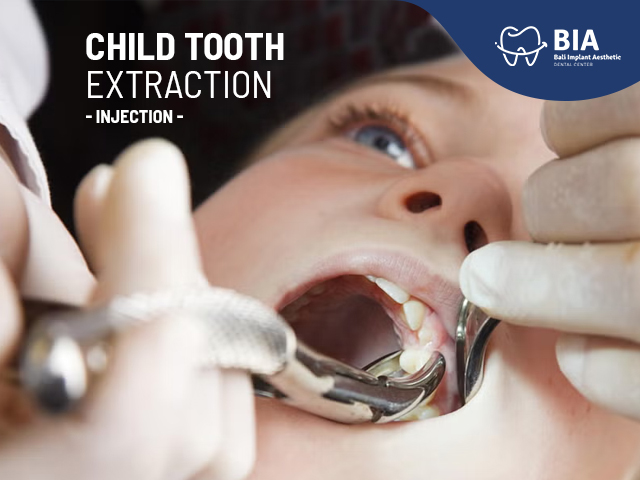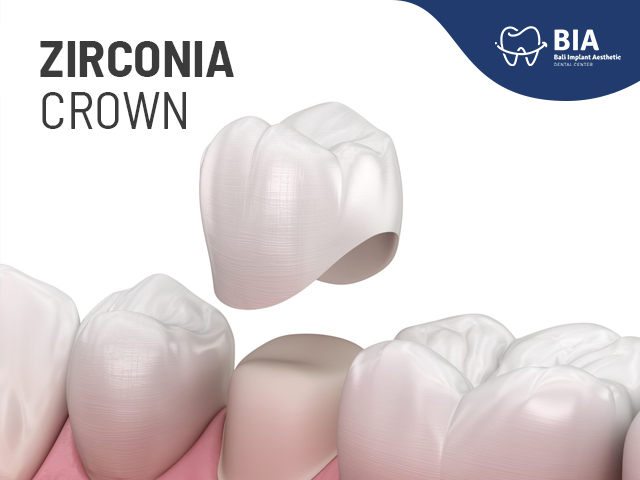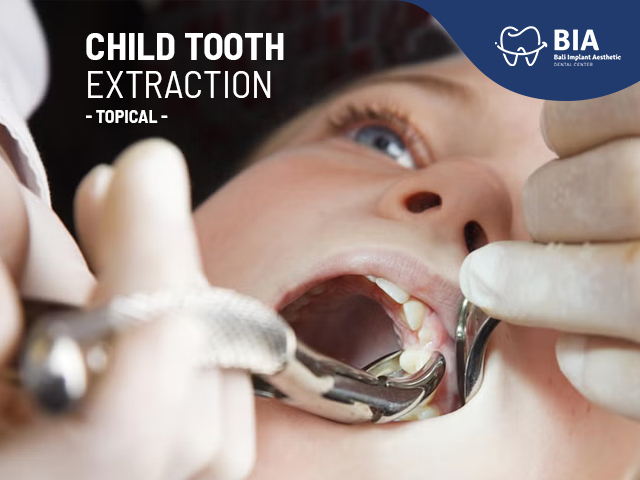General Anesthesia in Dental Implant Surgery: What Patients Need to Know
Article | 2024-07-07 01:10:10
Home » Articles » General Anesthesia in Dental Implant Surgery: What Patients Need to Know
GeneralAnesthesia in Dental Implant Surgery: What Patients Need to Know
Generalanesthesia is a commonly used technique in dental implant surgery that can helpensure patient comfort and a successful outcome. Using general anesthesia indental implant surgery is a widely accepted method for ensuring patient comfortand a successful outcome. General anesthesia is a medical technique thatinvolves the administration of medications to induce a state of deep sleep andunconsciousness. During dental implant surgery, general anesthesia is typicallyadministered through intravenous access, which allows for the precise controland monitoring of the patient's heart rate, blood pressure, and breathing (Balajidan Ganapathy, 2023). Additionally, general anesthesia can help manage pain andanxiety during the procedure, making it a suitable option for patients who mayhave fear or apprehension about dental implant surgery. Patients who areconsidering dental implant surgery should be aware of several important factorsregarding general anesthesia.
Firstly,it is important to understand that general anesthesia involves the use ofmedications to induce a state of unconsciousness during the procedure. Thismeans that the patient will be completely asleep and unaware of what ishappening during the surgery. Secondly, general anesthesia is commonlyadministered through an intravenous line (Choi dan Doh, 2021). This allows theanesthesiologist to monitor and control the level of sedation throughout theprocedure. Additionally, patients should be aware that general anesthesiacarries potential risks and complications. These risks include allergicreactions to the anesthesia medications, breathing difficulties, and changes inheart rate or blood pressure (Sidenö dkk, 2018).
Furthermore,it is essential for patients to disclose their complete medical history and anymedications they are currently taking to the anesthesia team. This is importantbecause certain medical conditions and medications may interact with theanesthesia medications or pose additional risks during surgery. Patients shouldalso be aware that there will be a period of recovery after the surgery whenthey may feel groggy, dizzy, or nauseous. However, these side effects areusually temporary and can be managed with proper post-operative care (Sidenödkk, 2018).
Undergeneral anesthesia, the dental implant treatment involves several steps. First,the patient will be given pre-operative instructions to follow, such as noteating or drinking for a certain period of time prior to the surgery. Duringthe surgery, the dental implant will be surgically placed into the jawbone, andany necessary preparations or adjustments to the surrounding tissues will bemade to ensure proper placement and stability of the implant (Awasthi dkk,2018). Once the implant is in place, the patient will remain under generalanesthesia while the surgeon completes any additional procedures, such as bonegrafting or extraction of adjacent teeth. After the surgery is completed, thepatient will be moved to a recovery area where they will be monitored closelyas they wake up from the anesthesia (Choi dan Doh, 2021).
Itis important for patients to understand that undergoing dental implant surgeryunder general anesthesia involves being completely asleep and unaware of theprocedure (Awasthi dkk, 2018). Patients should be prepared for the fact thatthey will not have any memory of the surgery and that they will be completelyasleep throughout. Additionally, it is important for patients to be aware thatdental implant surgery under general anesthesia requires a team of skilledprofessionals, including an anesthesiologist or nurse anesthetist, who will beresponsible for administering and monitoring the anesthesia throughout theprocedure (Balaji dan Ganapathy, 2023). In conclusion, patients should have aclear understanding of what general anesthesia entails before undergoing dentalimplant surgery. Patients should also be informed about the importance offollowing pre-operative instructions and the need for a skilled team toadminister and monitor the anesthesia during the surgery. It is crucial thatpatients have a complete understanding of the process and implications ofundergoing dental implant surgery under general anesthesia
References:
- Choi,J., Doh, R. (2021), Dental Treatment Under General Anesthesia for Patients WithSevere Disabilities, J Dent Anesth Pain Med, 21(2): 87-98
- Balaji,V., Ganapathy, D. (2023), New Generation General Anesthesia Used in Dental Implant Surgical Procedures, JCHR,13(3): 1089-1094
- Sidenö,L., Hmaidouch, R., Brandt, J., Krockow, N., Weigl, P. (2018), SatisfactionLevel in Dental-Phobic Patients with Implant-Supported Rehabilitation PerformedUnder General Anaesthesia: A Prospective Study, BMC Oral Health, 18(182):1-9
- Awasthi,P., Roy, S., Viswambaran, M., R, V. K. (2018). Dealing with Challenges ofImplant Failure and Complications, International Journal of ContemporaryMedicine Surgery and Radiology, 3(3):C25-C27.
BIA (Bali ImplantAesthetic) Dental Center has competent dentists to handle all treatments,especially for pediatric patients. We implement anesthesia and supportive tools(music, aromatherapy, squishy toys, TV shows) to reduce patient anxiety beforeand during treatment, as well as to enhance patient Mental Healthiness andWell-being.
"One Stop DentalSolution for your teeth"
Our services: BIA X-RAY,BIA FARMA, BIA LAB and BIA Anestesi
Contact Information:
BIA (Bali ImplantAesthetic) Dental Center
Jl. Sunset RoadNo.168, Seminyak, Badung, Bali Indonesia 80361
+6282139396161




